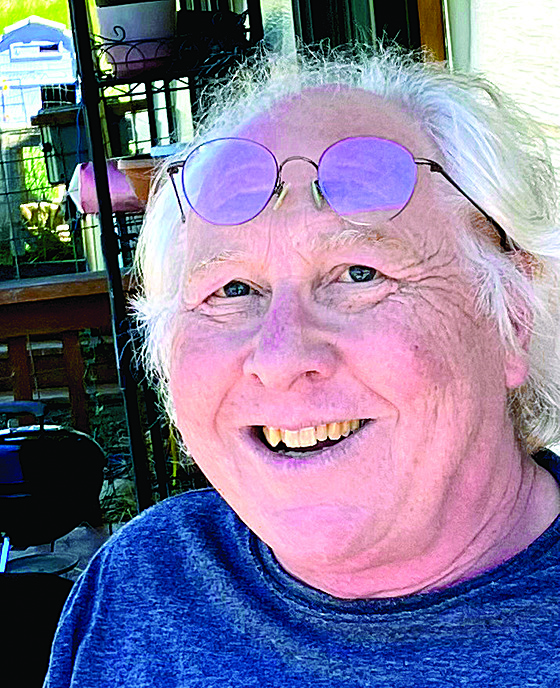Citizen Science Project
 | Author:
Jeff Ross
Contributor |
Citizen Science Project Jeff Ross In the last "With Clear Skies" column I wrote about the shocking loss of our night skies that has been happening since the introduction and widespread adoption of LED outdoor lighting. Part of that article described the very low-tech citizen scientist driven project used by researchers to determine the percentage of loss of our night sky on a year-to-year basis. If you missed that column you can find it (and a work-in-progress archive of all the others) at mt43news.com/00D.
The project they used is Globe at Night (mt43news.com/00C). It is simple and elegant in its premise. Step out into the night sky on a night when the Moon is not visible, look at a well-known constellation like Orion and match what is seen with images provided on their website. Note a few things like the amount of cloud cover, location, setting, and additional comments. Click Submit and you're done.
If you happen to be using a smartphone to access the web page your location and time will be taken from the phone's GPS. The maps to match will be right there at arm's length.
Globe at Night is a part of the SciStarter project (mt43news.com/00E). SciStarter is a massive clearinghouse of literally thousands of citizen science projects. Not so much into astronomy but wild about trees? There are a ton of projects related to trees or weather, or well, pick something.
Globe at Night has monthly campaigns and as I write this we are just at the beginning of the February campaign. The constellations to view are Orion or Gemini. Both are easy to find. The Globe at Night website has a handy real-time map to make it easy to find both.
I've just signed up at SciStarter and will be logging my observations at Globe at Night with them. I'm also going to be browsing through the other SciStarter projects to find a few more that appeal to me.
I can't wait to get out under our dark Montana skies and match what my 66-year-old eyes can see to the maps on the Globe at Night website. I hope you'll join me.
When we next have clear skies, of course.